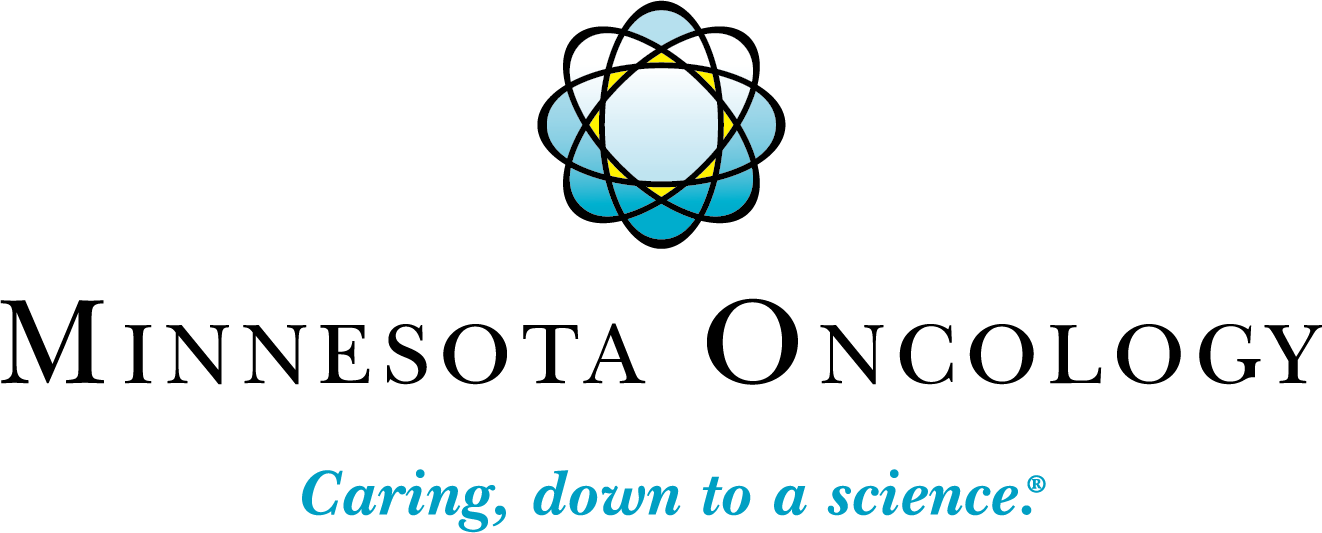
The Biosimilar Conversion Journey Went Through 2 Phases at Minnesota Oncology

While initially there was a need for education around biosimilars, now there is a need to keep an eye on the evolving biosimilar marketplace and update the formulary of biosimilar medicines, said Paul Forsberg, PharmD, director of pharmacy, Minnesota Oncology.
While initially there was a need for education around biosimilars, now there is a need to keep an eye on the evolving biosimilar marketplace and update the formulary of biosimilar medicines, said Paul Forsberg, PharmD, director of pharmacy, Minnesota Oncology.
Transcript
Oncology is one of the areas with the greatest biosimilar uptake: what education is still needed around biosimilars?
So, what we found with biosimilar conversion is there's really been 2 phases around education. One was the initial launch and conversion of patients from reference products over to the biosimilar products. And we found that prior to launching with biosimilars, nursing staff and physicians and pharmacy, we weren't really too familiar with biosimilars. There's a lot of education right out of the gate on: what is a biosimilar? Why is it important? What's the quality and safety and efficacy around these medications? And once we got past that little bit of an initial hurdle, then we found that focusing on the patient and trying to address their questions, was really the next phase.
So, again, the initial launch it was what are these? Why are they considered safe? What's the efficacy? What's the quality data? And how do we make sure that the patient understands that this isn't impacting their care in a negative way? Now that we're further along in our conversion, it's kind of a new phase of the journey in which we need to watch what's going on in the biosimilar marketplace. As new medications come in, we evaluate our current formulary of biosimilar medications, and we need to continually update and provide education to our providers, to our nursing team, to our pharmacy, and most importantly to our patients, so that everybody's on the same page and knowing kind of where we're going with biosimilars moving forward.
It's really been kind of a 2-phase journey of education of how do we educate people initially and now how do we maintain that education as we need to shift and pivot between biosimilar products? Or as new biosimilar products hit the market, how do we evaluate those and integrate those into our care?
Newsletter
Stay ahead of policy, cost, and value—subscribe to AJMC for expert insights at the intersection of clinical care and health economics.








